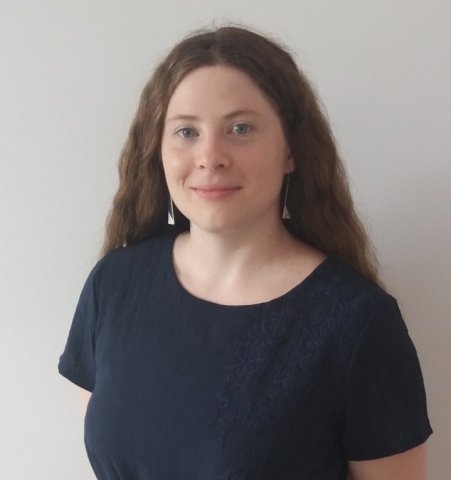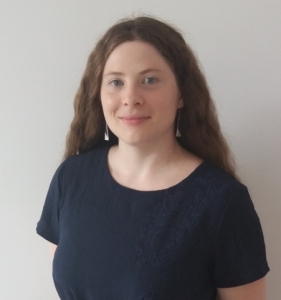French Institute in Georgia on Developing Partnerships
Exclusive Interview
The Institut Français in Georgia (IFG) first opened its doors to students in 2002. If we take a closer look at it, this is a win-win relationship: a way to enhance the French influence in the Caucasus but also an opportunity for Georgians to increase their cultural and linguistic background. GEORGIA TODAY met with Cécile Fagegaltier, the Secretary-General of the IFG, who agreed to answer to our questions.
Is the IFG a relay of the French Embassy?
Of course. The IFG is a French Institution with Financial Autonomy under the control of the French Embassy, formerly known as Alliance Française (until 2002). We are funded by the Ministry of Foreign Affairs. Each year, 900 students go through our Institute and some pass the DELF, a diploma of French language studies. With this diploma, students can apply to French Universities.
Tell us about the Francophilia here
The relationship is old and strong. France hosted refugees from Georgia during the second world war. The exiled government was located in Neuville-sur-Orge, and near it there are plans to build a Georgian cultural center. In addition, the Georgian national treasure was hidden in France in order to avoid soviet looting. Alexandre Dumas wrote a book about Georgia and the Caucasus in the mid-19th century. And in 2008, France supported Georgia against Russia.
What are the missions of the IFG?
According to the agreement of objectives 2018-2019, the IFG aims to enhance the attractive and above all innovative image of France. That is the first objective, working on excellence, innovation and the digital. This will is embodied by the Night of Ideas ('La Nuit des idées') which aims to celebrate the stream of ideas between countries, cultures, topics and generations. Another example will be the Paris Peace Forum (Paris, November, 11-12-13, 2018) of which the Institut Français is a founding member. So, the first goal, putting Paris at the heart of international diplomacy.
What role will the Insitut Français en Géorgie play at the Paris Peace Forum?
We are looking for Georgian speakers to discuss what is being done for peace in Georgia. Furthermore, we try to inform people in Georgia about this event. Last, the Institut Français must find EUR 4.5 billion from sponsors all around the world.
Describe a typical IFG student
A large majority of our students want to study abroad, in French Universities, in particular Sciences Po (Political Sciences), but there are also students who aim to get involved in business management. Others learn French for Tourism or just because of a real love of the French language. They can start the courses here when they are three years old, but the majority are between 10 and 35. Learning French at the Institut Français can be really useful. They can then study in France, and if they apply to a Master’s there, they will be able to do an internship provided by the French Ministry of Foreign Affairs.
Tell us about the courses
The IFG is based on the European framework. Having a Diploma for life, which allows you to study in France, requires a B2 level knowledge of French. On average, you need 4 years of courses here to get that. For three classes each week over two months, it’s not so expensive, only 390 Lari. Moreover, each year we deliver around 20 scholarships in order to enhance student mobility. On May 26, Jean-Yves Le Drian ratified a partnership between six French universities and some Georgian universities. This partnership focuses on the food industry, agriculture, digital, tourism and wine studies. In September, we’ll start the first: Tourism. We are confident, because for four years the number of Georgian students in France has grown by 35% (around 650 currently). We are also proud of the French Media Library we have in Tbilisi, among the best ways to connect the Georgian and French people.
Is the IFG well-established in Georgia?
Yes, it is. We go to local events, even if the cultural budget is down. Most events are audio-visual because Georgia is full of good cinema directors, and each year some Georgian directors come to the Festival de Cannes, the Prométhée Festival and the Festival of Annecy. France is also working with Georgia to help it get back its old movies from Russia, but for that, Georgia needs infrastructure and knowledge to keep them in good condition. But, I think we should be more involved as many people do not know who we are.
Find the IFG at 75 Davit Aghmashenebeli Ave, Tbilisi and www.institutfrancais.ge/fr/
By Antoine Dewaest











